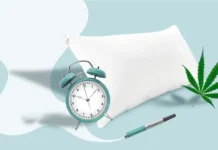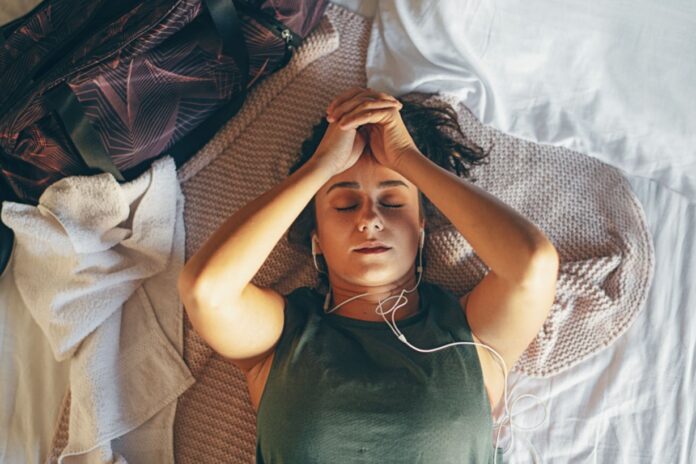
Sleep is one of the most important activities in any given period of 24 hours. Cardiocirculatory well-being, that of the immune system and obviously the psychic system depend on a good rest. One category of people who need a good rest arguable even more than the rest of us is sportspeople, who put their body to the test day in, day out. The quality of their shuteye should be enhanced through the use of the right bedding, as is pointed out by James Moore in his recent article.
If sleep helps sports, the opposite is also true: physical activity improves the sleep-wake rhythm thanks to the release of endorphins and guarantees greater tissue oxygenation. A study by the University of Stanford (USA) conducted on 40 sleepless subjects between the ages of 50 and 70 showed that, subjected to a regular training program for three hours a week, they show signs of improvement in sleep quality: after six months of training the subjects slept an average of three quarters of an hour more, reducing the falling asleep phase to a maximum of 15 minutes.
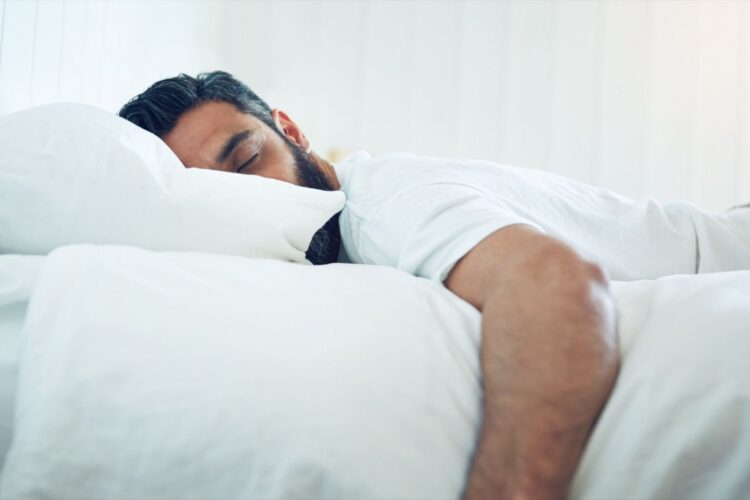
How sleep affects sports results
Being sporty is a lifestyle and, like all respected lifestyles, it must be observed 24 hours a day. Even the sleep phase is therefore important, woe to those who neglect it. It is an established fact that among the habits of a sportsman or sportswoman there must be essential factors such as protein intake, calorie intake to balance energy expenditure, hydration and reintegration, the quality of nutrition and the correct distribution of meals. But sleep? Have you ever wondered why it is important to rest well before a sport competition?
At the end of a day of training or after a competition, sleeping is a real tonic: those hours of night stand-by ensure physical recovery for the athlete’s body, by repairing the muscles and joints that are constantly under strain, indispensable repairs, to produce successive performances of the same level. In fact, sleeping little and badly involves important hormonal alterations, which affect the metabolic structure.
First of all, there is a reduction in leptin which, under normal conditions, reaches high levels during the night. On the contrary, in conditions of sleep deprivation the levels of this hormone are significantly reduced, leading to an accumulation of water retention, an inhibition of muscle growth due to lack of GH activation, an increase in fat mass and a collapse of the immune system. It goes without saying that these are very deleterious effects for the physical fitness of sportsmen.
There is also an increase in the levels of ghrelin, cortisol and insulin, subverting the correct eating behavior and energy metabolism, with the real risk of running into a decline in performance. Sleeping well is therefore of vital importance, just like eating healthy: sportsmen, do not forget that your preparation does not end with training!
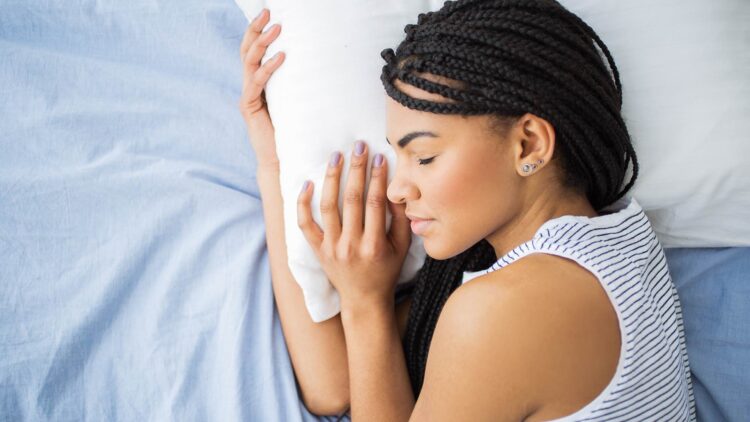
The quality of sleep matters!
Be careful: practicing intense sporting activity just before falling asleep does not promote falling asleep, but can actually cause insomnia. During physical activity, in fact, the body produces adrenaline which the body takes several hours to dispose of. It is therefore normal not to be sleepy and to feel active immediately after the gym or an evening run. This is why at least four hours should pass between the end of training and sleep.
If it is impossible to organize otherwise, it is therefore a good idea to limit the duration and intensity of sport after nine in the evening. Natural remedies also help: melatonin supplements, taken after sport, can facilitate a regenerating sleep even after prolonged physical activity in the evening.
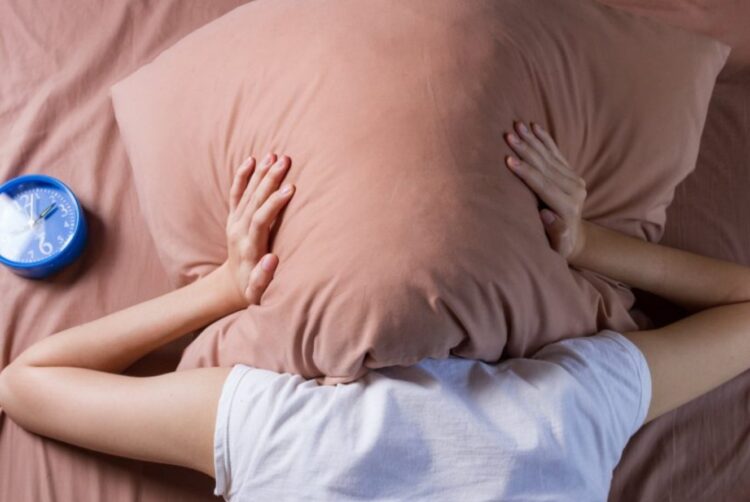
Do I dare to train after a bad night’s sleep? Absolutely!
You do not have to ignore the training completely just because you slept badly! As you can read below, it is, for example, a very important piece of the puzzle to keep going during the day and exercise so that the sleep is of good quality. But considering that it makes your training results more difficult, it is worth making sure to clean up your sleep habits if you want to optimize your results.
Insomnia is common with sleep disorders, and since too little sleep is associated with ill health, it is good that it is serious. At the same time, it is known that people who are stressed about their lack of sleep more easily develop insomnia and that there are a lot of misconceptions about the quality of sleep in sleep deprivation.
When we measure sleep objectively at the same time as the person gets to estimate how much or how little he slept, we see a big difference between the results – we usually think that we sleep less than we actually do.
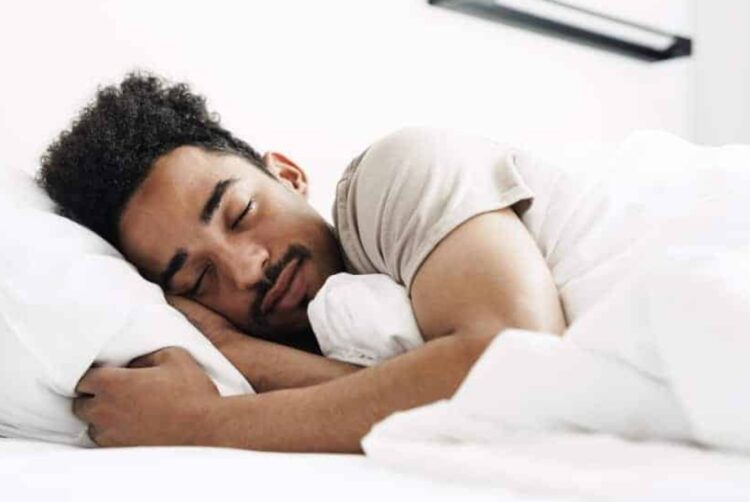
Get a good night’s sleep
The big problem, of course, is that we cannot control sleep. It is not possible to force oneself to fall asleep and worrying only aggravates the process further. However, we can create good conditions for sleep by taking into account the following:
Sleep is controlled, among other things, by our so-called circadian rhythm, or circadian rhythm, which is adapted after the day has 24 hours. Here there seems to be some variation where some individuals have a longer / shorter set day which can make it harder for them to wake up at the same time every morning, as the day is constantly shifting.
It is also through this system that it is suspected that there is an explanation for why some are early risers and others are evening owls. This system is negatively affected by traveling over time zones (hey, jet lag!) And also by going to bed and getting up at different times.
Sleep tip: try to find a rhythm by going to bed and getting up at about the same time (even on the weekend!)
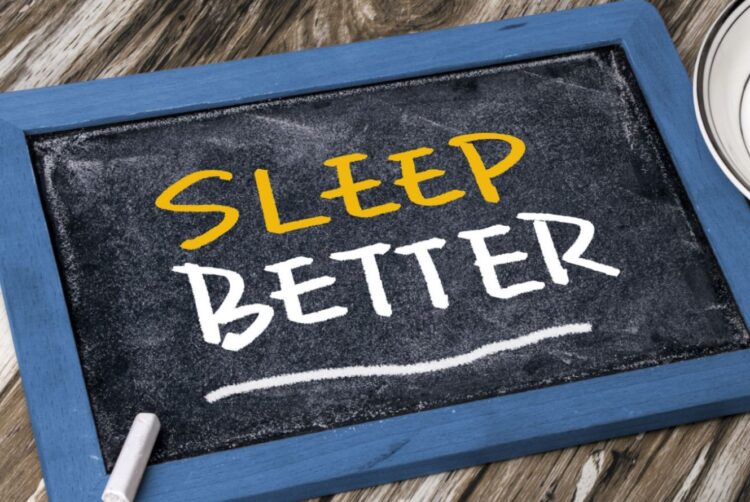
Sleep pressure
Another aspect that affects the likelihood of falling asleep is the accumulated sleep pressure, which builds up during the day if you keep going. Something that affects this negatively is taking too many naps during the day and resting during the day instead of activating yourself.
Sleep Tip: Get active during the day, feel free to exercise and spend time outdoors when it is brightest. Take a lunch walk! Even if you sleep poorly, try to avoid naps.




